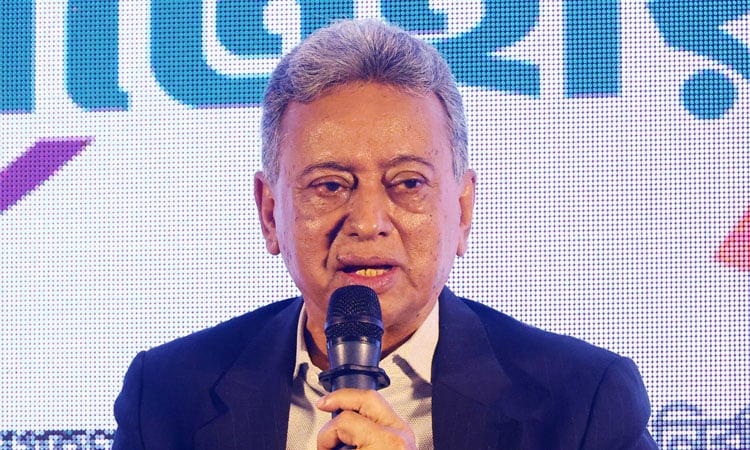Political Desk
BNP Standing Committee Member Amir Khasru Mahmud Chowdhury today emphasized that no new political issues should be created outside the consensus already reached through long-standing discussions among political parties.
“Differences of opinion within political parties or alliances are natural, but no one should create new issues beyond the consensus that has already been achieved. Everyone has a responsibility to implement what has been agreed upon,” Khasru said.
He made the remarks while speaking at a policy dialogue organized by TRACE Consulting at Hotel InterContinental in Dhaka this noon. The discussion focused on how political parties can use technology to better reflect citizens’ aspirations in their election manifestos.
Chief Adviser’s Press Secretary Shafiqul Alam, Jamaat-e-Islami Assistant Secretary General A.H.M. Hamidur Rahman Azad, Biplobi Workers Party General Secretary Saiful Haque, TRACE CEO Fuad M Khalid Hossain, Bangladesh Knitwear Manufacturers and Exporters Association (BKMEA) President Mohammad Hatem, and Dhaka University Central Students’ Union (DUCSU) Vice President Shadik Kayem, among others, also spoke at the event.
Khasru said that democratic behavior requires respect for differing opinions. “Due to Sheikh Hasina’s prolonged autocratic rule, a kind of authoritarian mindset has developed in national politics, which must be abandoned,” he stated.
He stressed that the people of Bangladesh no longer want confrontational politics. “Stability and mutual respect are now the nation’s foremost needs. Any attempt to delay or obstruct the upcoming national election would go against public expectations,” Khasru said.
Highlighting BNP’s historical role in national reform, he said, “BNP has been the torch-bearer of Bangladesh’s political and economic reforms—from introducing multi-party democracy in place of one-party rule to establishing a parliamentary system and a free-market economy. The party will continue to uphold the principles of democracy, economic reform, and private sector growth.”
Commenting on the current interim government, Khasru noted that it took oath under the existing constitution, which does not include any provision for a referendum. “If a referendum is to be held, it must be passed by the future elected parliament. Forcing anything outside the consensus from Dhaka would not be consistent with the constitution or democratic norms. The will of the people must be the ultimate basis of any decision,” he said.
Regarding BNP’s upcoming election manifesto, Khasru said that employment generation—particularly for the youth—will be the party’s main focus. “BNP aims to create 10 million jobs within 18 months, with implementation plans already prepared. Employment will be generated through skill development in agriculture, manufacturing, service, and IT sectors,” he explained.
He further said that BNP plans to introduce digital administration to minimize direct visits to government offices and curb corruption. “All government permits and licenses will be issued online, and some administrative services may be outsourced to the private sector if necessary,” he added.
The panel discussion was moderated by Professor Dr. Shahab Enam Khan of Jahangirnagar University’s Department of International Relations. Diplomats, election experts, civil society representatives, and members from major political parties were also in attendance.


